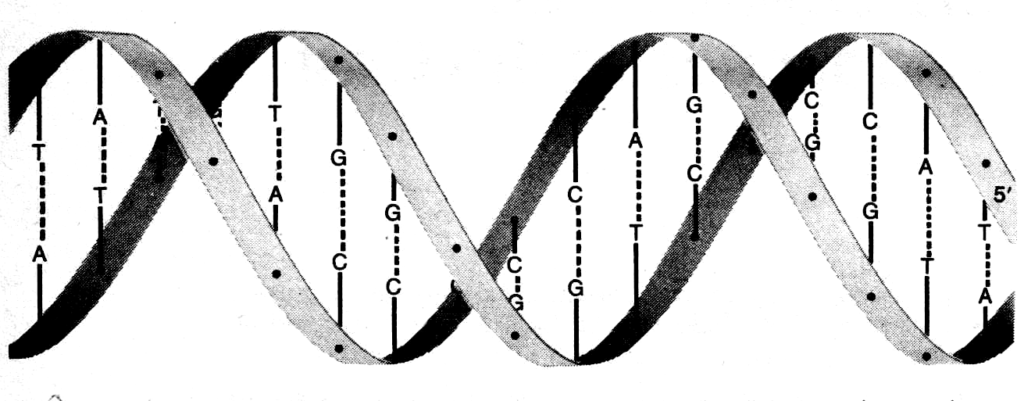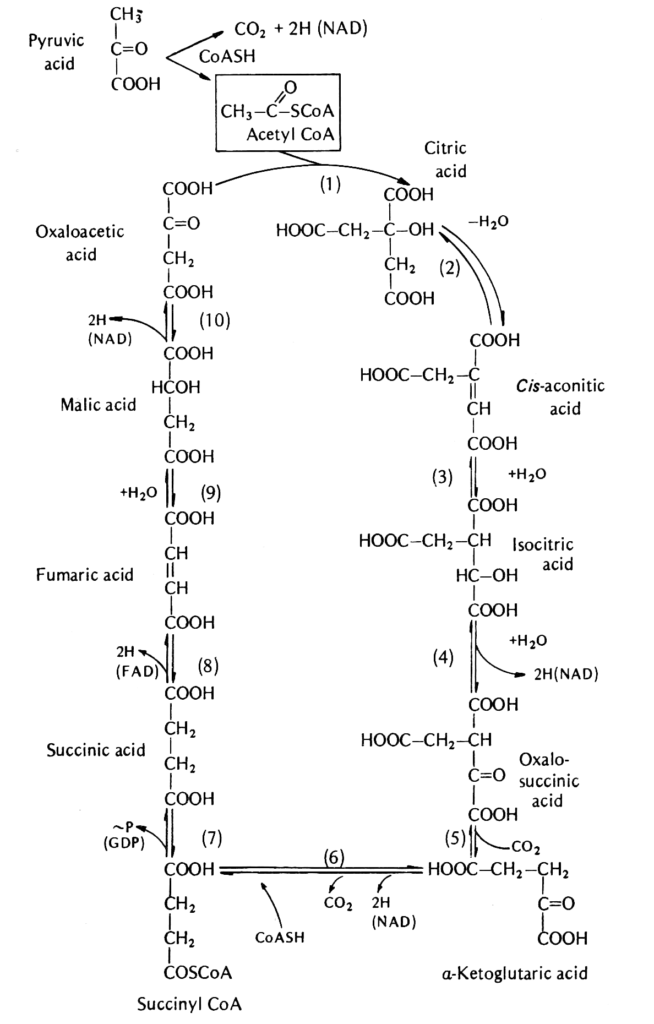… all diseases may by sure means be prevented or cured,
not excepting that of old age, and our lives lengthened at
pleasure even beyond the antediluvian standard.
—Benjamin Franklin, in a letter to English chemist Joseph
Priestley
The same molecules that serve us well by keeping us alive and healthy can, if they fail to do their proper jobs, lead us to our graves. The story of these molecules is an important part of the story of our lives, how we age, and how we can slow and even partially reverse aging. It would take a complete book to provide an overall view of the major molecules of human biochemistry. Hence, in this short post, we provide only a brief mention of several particularly important classes of biochemicals which form the basis of our physiological structures and functions as living organisms. The most important thing to remember from this chapter is that all life is made of chemical molecules, and that a chemical’s structure, not its source,
determines its function.
The purpose of this post is to lay some basic groundwork for what is to come, and to introduce you to some key chemicals that participate in your living and aging.
The master molecule of all bodily functions is DNA, deoxyribonucleic acid. This complex material contains the blueprints that specify the way your body is built and repaired, your height, eye, hair, and skin colour, blood and tissue type, and susceptibilities to many diseases and aging mechanisms. Damage to DNA is now accepted as a major cause of aging.

most viruses. (In some viruses the genetic material is RNA.) The genetic code is
written in the particular sequences of nitrogenous bases that connect the two strands
of the DNA molecule. The bases are of four kinds: adenine (A), thymine (7), guanine
(G), and cytosine (C). A always pairs with T and G always pairs with C. The hair of the
double helix consist of alternating subunits of phosphate and ribose, a five-carbon
sugar.
The DNA blueprints specify the variety of ways your body can interact with the environment. Man possesses a wide degree of flexibility in these responses. RNA, ribonucleic acid, is a closely related molecule made from a master plan DNA for copying pieces of the DNA instructions which are
used to make proteins (enzymes and structural molecules and polypeptide hormones). Some proteins (including enzymes) are like little machines, often with moving parts. The different pieces of the protein molecule may swing into place to bring other chemicals into proper position for metabolic reactions or serve as supporting structures like the steel framework of a building. Polypeptides are small proteins like hormones (chemical messengers in the blood).
Proteins, in turn, are composed of amino acids. Some of these are the essential amino acids, which means that we do not have the chemical machinery in our bodies to manufacture them (some plants and animals can). We have to get a supply of these essential amino acids from our environment in order to survive.
Other building materials supplied by our diet or by taking supplements include:
Carbohydrates are simple sugars, or sugars linked together to form starches, an important source of energy.
Lipids, fats and oils, are another source of energy and also of essential fatty acids. Fats differ from oils in that they are solid at body temperature, while oils are liquids at that temperature.

Vitamins are molecules required in relatively small amounts for normal metabolism. We can manufacture some of them in our bodies (except for persons with genetic defects); these are called the nonessential vitamins, because we do not need to get them in our diet. Of course, we may not
be able to manufacture enough for maximum protection, as is the case with the B vitamin PABA. Other vitamins, such as C and A, are called essential and must be obtained from our environment for survival. There are two basic classes of vitamins, the water soluble and the fat soluble.
There is no difference between a synthetic molecule of a vitamin or other nutrient and a natural molecule of the same chemical. One comes from a biological factory and the other from a glass and stainless steel factory, but the sources of the chemical’s characteristics come from its structure, not from where it is made.

Are you interested in life extension products?
mod4all ships all major brands of Modafinil from the UK
All products shipped from the UK by tracked post. We guarantee delivery.
We guarantee delivery, free reshipping.
Any questions at all about payments, shipping, etc. Anything at all, just email us.

Comments (0)